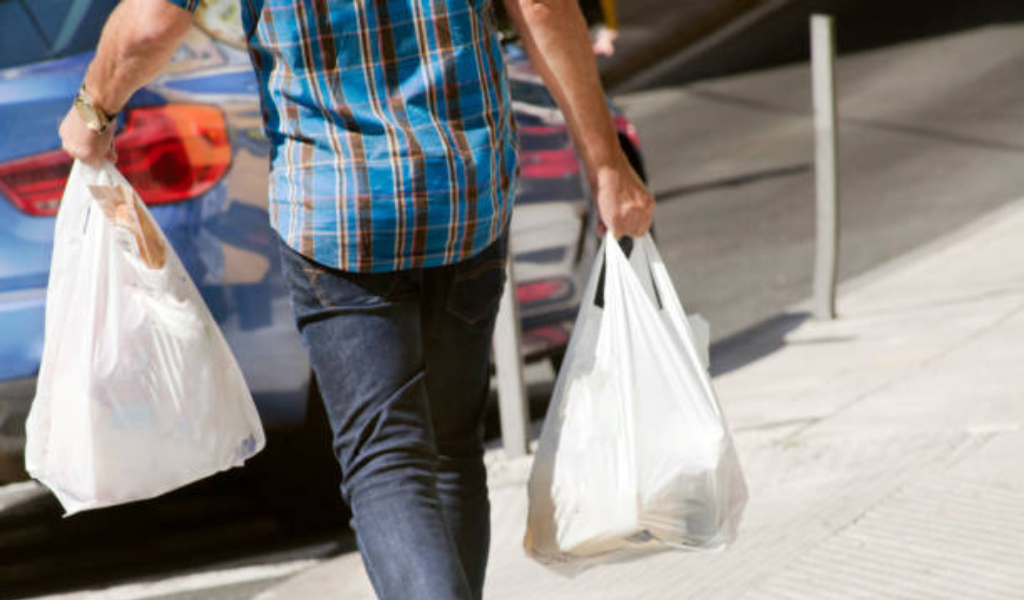
MIRA Publishes Guidelines To Levy Tax On Plastic Bags
Maldives Inland Revenue Authority (MIRA) has published guidelines on how to levy tax on plastic bags starting from April 18th, 2023. The law now mandates that all businesses registered to collect Goods & Services Tax (GST) must levy taxes on plastic bags too. The law came into effect after President Ibrahim Solih ratified the amendment brought to the Waste Management Act last year December.
Under this amendment, plastic bags provided by GST-registered businesses must charge a fee at the rate of MVR 2 per plastic bag supplied by the businesses. However, there are three parties who are exceptions to this law. MIRA exempts taxing of plastic bags sold from duty-free shops, plastic bags used to carry any type of fresh, unpackaged fish and ‘bin liners’. Bin liners are sold or supplied free of charge for the sole purpose of waste disposal by either a person or relevant authority that provides waste management services.

Furthermore, the guideline also outlines details on how to submit and make payments to MIRA regarding the newly-introduced tax. All GST-registered businesses are required to include information on the plastic bag fee collected in their GST returns. They must all make payments to MIRA by the same deadline as the GST payments with all fees paid in Maldivian Rufiyaa (MVR). Those who fail to pay the fee will be penalized with a penalty added to the outstanding amount for each day of non-payment from the due date.
Under the Waste Management Act, a plastic bag is defined as any bag used to carry goods that are made of plastic whether it is degradable plastics such as oxo-degradable or synthetic polymers. Tax impositions on plastic bags align with the government’s initiative to phase out single-use plastics in the Maldives by 2023. As of now, the manufacture, import and marketing of single-use plastics are prohibited in the Maldives under the amendment brought to the Environmental Protection and Conservation Act.